An exercise in the incredible
Let's start with an exercise: what would you say is the most important forces for human existence?
Think about that for a moment. Try to formulate a few possibilities in your mind. Perhaps you'd choose the contraction of the heart muscle, pumping blood through the body. Or perhaps you'd add the potential that pushes electrical impulses between the neurons in your brain. Those are both electromagnetic forces. Maybe it's something about aging, and our inevitable march towards death. That seems to be something to do with the increase of entropy, which you might call an entropic force.

Myself, I would choose gravity. It's what powers the sun! By compressing hydrogen until nuclear fusion occurs that generates the radiation we call sunlight, gravity is ultimately responsible for fueling life on our planet. Gravity also gives rise to the orbital motion that generates our days, our seasons, our tides. Every building, every castle, every civilisation must rise up against gravity's downward pull. From the moment we lift ourselves out of bed in the morning, our muscles are locked in a permanent struggle against gravity. It is an absolutely pervasive aspect of our lives.

So it should come as an utter shock, for those who haven't heard this before, that the force of gravity is an illusion. There's no such thing. The central object of Isaac Newton's studies, the force attracting all massive bodies even when they are at a distance, is no more a part of our world than the Norse god of thunder. The world we actually live in is one where space and time are curved in the presence of matter. And our experience of a "force" of gravity is just an artifact of our tendency to follow the shortest lines possible through spacetime.
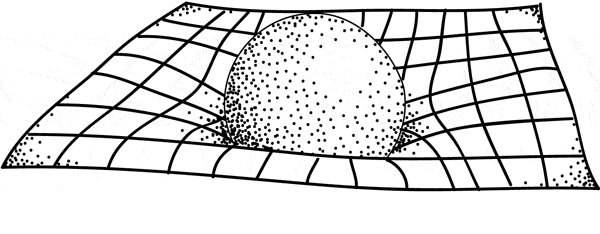
This little example illustrates one of my favourite features of science: learning and doing science is an exercise in the incredible. You can't make this stuff up. Nature has produced a story that exceeds the imaginations of even the most skilled science fiction authors. The force of gravity is an illusion. Quantum entanglement pervades the universe, connecting the atoms in your body to those in the Andromeda Galaxy 2.5 million light years away. Most human traits can be traced back to a code hidden in a single DNA molecule, and we're narrowing in on breaking the code.
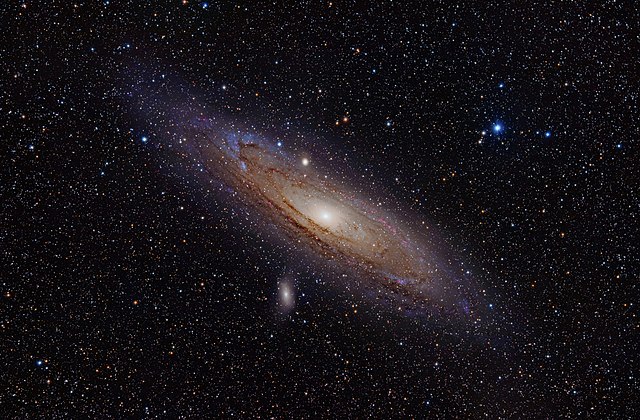
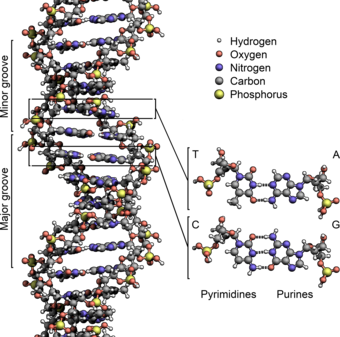
For a certain kind of person, the sense of wonder I'm describing gives rise to certain kinds of questions, so many questions: How does this scientific practice of uncovering the structure of the world actually work? What makes it special, and what are its limits? Where is it taking us next? How does it unveil the most basic features of reality? And what happens when we explore and challenge the fundamental assumptions behind this practice? These are the questions of philosophy of science. For some of you, or perhaps for someone you love, these questions are inevitable consequences of looking around at our awe-inspiring world. If that's the case for you, then I'm afraid there is no cure. You are a philosopher of science.
What I'd like to do here is give a little introduction to the philosophy in science, including:
- The origin of modern philosophy and science
- The fields that philosophy of science engages with
- Some recent critiques of philosophy in science
- Why science needs philosophy
Let's start at the beginning.
How we got here
The word 'science', from the Latin word for 'knowledge', didn't come into common usage until the 1830's, when the British philosopher William Whewall started using it to refer to what he viewed as a new methodology for generating knowledge. Modern science itself began to take recognisable shape around 1500. Back then, philosophy and science were not distinguished as two separate fields, but referred to under the single heading of Natural Philosophy. In other words, Natural Philosophy was the precursor or common ancestor both to philosophy and to science.
What was Natural Philosophy? It was a systematic attempt to understand the natural world. The phrase came into common usage in the middle ages at some of the world's oldest academic institutions like University of Bologna, Oxford and Cambridge. It included studies that we might now call physics and astronomy, but also botany, psychology, philosophy, and many other things.

The Voynich Manuscript, a mysterious and apparently encoded work of medieval natural philosophy.
Although the topics are recognisable, the early practice of Natural Philosophy does not seem so natural today.
For example, two natural philosophers would sometimes seek to settle disagreements about a theory by assembling numbers of witnesses to an experiment. The theory with the larger number of witnesses supporting it would triumph. An example of this occurred in a heated debate between the French Jesuit scholars Pierre Cazré and Pierre Gassendi in the 1640s, in which groups of witnesses were assembled in order to bear witnesses to experiments favouring their competing theories of freefall.

One of the fathers of modern science, Galileo Galilei, was also an early critic of this practice. In his 1623 book The Assayer he criticised the natural philosopher Orazio Grassi, who had written a book about comets under the pseudonym of "Sarsi". The Sarsi book contained elements of what we would now call science as well as philosophy. However, Galileo's critique was not that it was too philosophical, or philosophically unmotivated, or anything of that kind. His critique was about the scientific methodology:
"I cannot help wondering that Sarsi still wishes to persist in proving to me by means of witnesses that which I can see at any time by means of experiment. Witnesses are examined in doubtful matters which are past and impermanent, not in those which are factual and permanent."
Galileo was criticising a common methodology at the time, which was to justify science by appealling to large numbers of witnesses. In its place, Galileo demanded knowledge be justified by the recreation of experiments. The value that Galileo placed on repeatable experiments has continued to the present day, and is one of many reasons why Galileo is considered a father of modern science.
Thus, even at its inception, natural philosophy was full of philosophical reflection about the basic concepts and methodology that best helped us understand the world around us.
The scientific revolution

Natural Philosophy got its legs during the Scientific Revolution of 1500-1750. This was a period of rapid development of systematic knowledge about the natural world, in which novel mathematical tools and experimental tools were developed, which led to a number of radical new perspectives on how we justify our beliefs.
For example, Copernicus proposed a radical new system of the world in which the universe revolves around the sun instead of around the earth. Tycho and Kepler used huge amounts of telescope data to refine this system and develop the orbital laws, for example that the orbits are described by ellipses.

Galileo came upon one shocking discovery after the next. His refinement of the telescope allowed him to see that there were mountains on the moon and moons around Jupiter. This threw thousands of years of orthodoxy, according to which there was a fundamental distinction between the "sublunar" world, which included imperfections like the mountains and craters we find on Earth, and the "superlunar" world, which included the perfect celestial sphere. Galileo's experiments were the beginning of the end of this worldview.

Galileo's drawing of the mountains on the moon in Siderus Nuncius
How did all this happen? These thinkers were doing something right, as their successes were resounding and long-lasting. The answer has to do in part with the adoption of many new techniques, but also with a great deal of analysis of what makes science successful. Galileo, Descartes and Newton thought as much about the philosophical foundations of their ideas and methods as they did the ideas and methods themselves.
Some of you will recognise the topics they struggled with as classic topics of philosophy. Galileo grappled with the extent to which infinite quantities can inhabit the world. What does it mean for something to be infinite, and what sort of good reasoning is possible using this concept? Descartes grappled with the relationship between mind and body. Are they fundamentally different, and if so, how do they interact?
Versions of both questions endure to the present day in both science and its philosophy.
Shut Up and Calculate?
Philosophy and science are two children from the same parent. Today they seem a bit like siblings raised by different parents. They have a great deal in common: a common origin, similar questions, and even some common methodology. But they tend to have different motivation, different training, and different approaches to understanding the world.

Notably, neither philosophy nor science lives in an isolated silo. These fields regularly interact. Some scientists know a great deal about philosophy, and find it helpful in guiding their work, whereas other scientists prefer to avoid deep philosophical questions. Similarly, many philosophers know a great deal about science and even participate in its practice, while others focus on other topics like logic or moral theory.
However, you may have heard of a certain kind of household among scientists that not only claims to avoid philosophical thought, but has often publicly disparaged philosophy.
Early examples of this came when physicists (and everyone else, for that matter) realised they could not agree on an interpretation of the strange nature of the quantum world, such as the famous Schrödinger Cat. Orthodox quantum mechanics allows states called "superpositions" according to which, in this famous example, a cat in a box cannot be said to be dead or alive, but only in a macroscopic superposition. Disagreement about how to understand this result led some desparate scientists to renounce interpretive questions altogether, adopting a dictum characterised by David Mermin as, "Shut up and calculate!"

This dictum launched a generation of scientists to view philosophy as an unproductive endeavor. Of course, this isn't the only scientific perspective on philosophy. It isn't even the most common one. But you see it in the news from time to time. And it has led to led to some scientists launching tar balls at philosophy, as in an otherwise-charming Nerdist interview with Neil deGrasse Tyson.
The Shut Up and Calculate dictum does have science's best interest in mind. It seeks to stop uncritical speculation, demanding good arguments and evidence. It seeks to focus on the tools that are useful in science, and avoid those that are not. And it asks science to focus activities of practical relevance, avoiding fanciful thought experiments of little relevance to our world.
However,
1. "Philosophy" does not mean "Speculation." Philosophers are not often experimentalists (although many experimentalists think and write about philosophy). But this does not mean that philosophy involves only speculation or personal opinion. Good philosophy of science often draws on experimental evidence, and uses it to formulate rigorous arguments that clarify the foundations of science.
Indeed, the first to formulate a precise methodology according to which knowledge arises out of observation was the British philosopher Francis Bacon. This "empiricist" philosophy of science has evolved to become the bedrock for modern scientific practice as well as philosophy of science. For Bacon, philosophy of science was just the opposite of speculation: it was the very foundation of good thinking in observation.
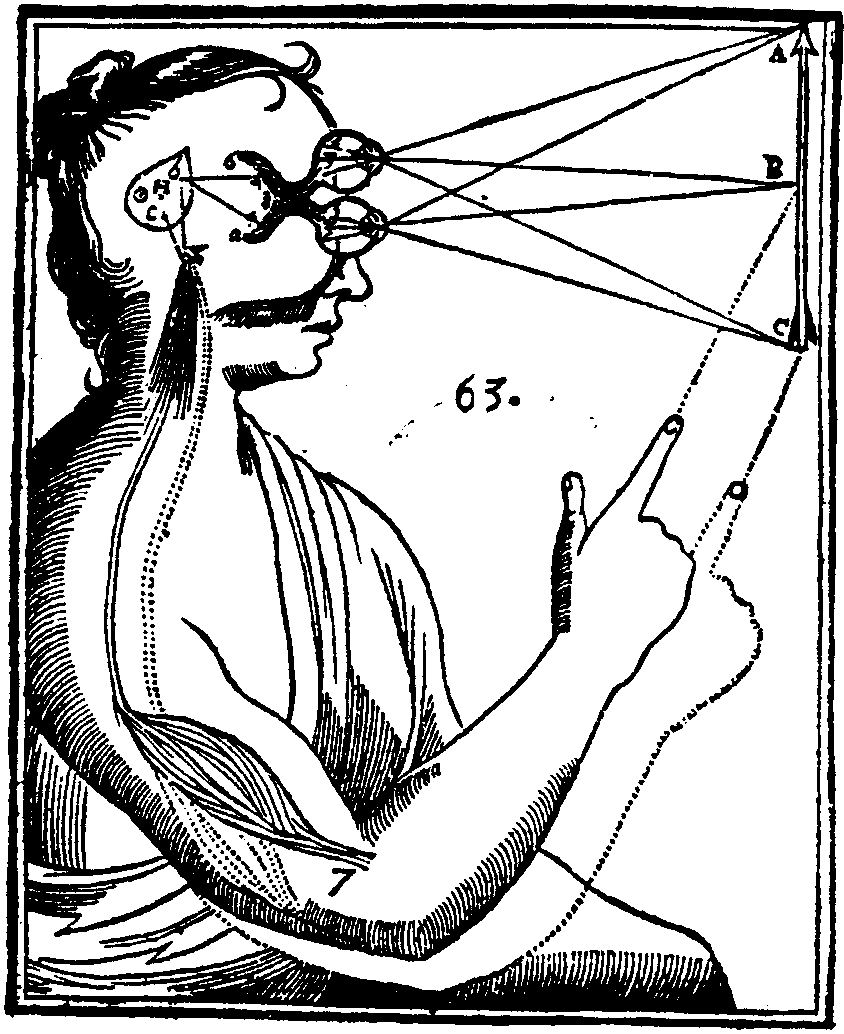
2. Nothing is useful to all scientists. A botanist's work is not often useful to an astrophysicist. Indeed, few areas of study produce work that impacts all other areas of science. Philosophy is no exception. That said, philosophy has had a number of important impacts on science, being central to the work of great thinkers like Einstein, Neils Bohr, and Francis Crick. And on many questions, the fields of philosophy of science simply overlap.

3. Important knowledge is often impractical at first. Philosophy, like science, seeks to understand the world around us. This sometimes involves asking deep questions that go beyond the strictly concrete and practical. Why would anyone demand that such questions be avoided? Demanding otherwise would be a recipe for short-sightedness.
In both philosophy and science, our ideas often seem impractical when they are first introduced. For example, Einstein wrote down the completed formulation of General Relativity in 1915, arguing that gravity is a matter of spacetime curvature. These exotic ideas seemed to have little practical import at first, except in slightly adjusting how we viewed the position of stars and planets around us. However, 80 years later the theory came to have an impact on all of our lives: it provided a level of accuracy that made GPS location possible. If Einstein had been focused on the immediate practical impact of his work, we might not all have that little blue dot on our phone indicating where we are standing to within a few meters.

Philosophy of science is an incredibly rich and exciting field. Once you dive deep into the philosophy of science, I suspect these criticisms will not even cross your mind.
Critical response pointing this out have been given by both philosophers like Massimo Pigliucci and physicists like Sean Carroll. You are encouraged to think these through. However, like a good philosopher, you should think all such criticisms through for yourself.
Why science needs philosophy
Let me return to the sense of wonder that we started with about the world around us. Our world has such a fantastically awe-inspiring structure that it demands we think deeply about it. How do our best scientific theories work when they work well? What are their most basic and most productive concepts? What are their limits?
Such philosophy of science questions were crucial in the development of science. They were studied by great Natural Philosophers like Galileo, Descartes, Newton and Leibniz. Today, the areas of Natural Philosophy have fractured like the Tower of Babel into dozens of interconnected fields. But there is a little bit of philosophy of science in all of them. And indeed, each of these fields are studied by specialist philosophers of science: from physics to biology to neuroscience and beyond.
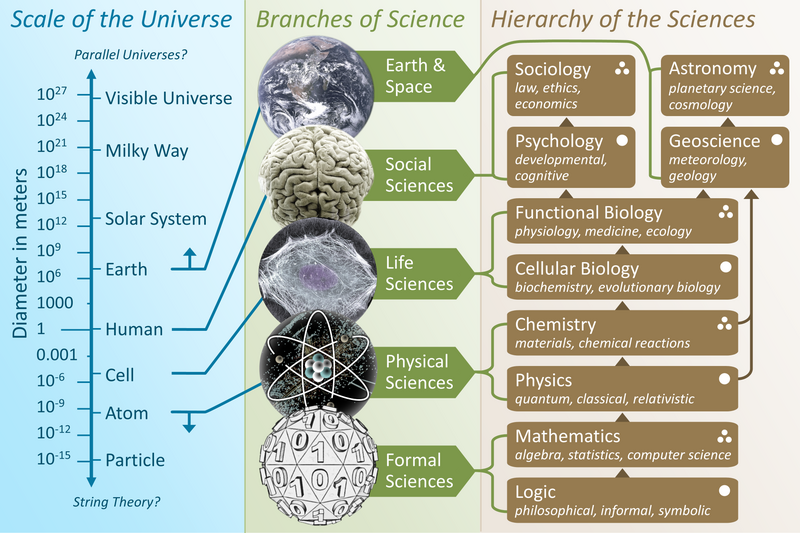
Today, philosophy of science is all the more urgent as new experimental techniques come into view and old ones begin to fade away. Here are a few examples that I'm particularly excited about.
- Particle physics will change dramatically in the coming years. It is currently built around the philosophy of creating ever-higher energies by building ever-stronger particle colliders. But this cannot go on forever. Fundamentally new ways of approaching particle physics --- a new philosophy of particle physics --- will inevitably be developed.
- Big data is opening new evidence that was previously inaccessible to humans. We can now use machines and machine-learning to find correlations that were previously undetectable. How we use these tools and understand their foundation requires a new philosophy of science.
- The genetic revolution is underway, bringing with it a radical new understanding of humans and their structure. Direct to consumer DNA analysis is now widely available, but its philosophical foundations in science are just becoming understood.
These are some questions of philosophy of science. There are many such specific questions about the philosophical foundations of the particular special sciences. And there are general questions about the way science works across many fields. Clarifying these questions can be deep, interesting and productive. Philosophy of science also involves learning serious science as well as serious philosophy. We need you: there is still much to be done. I hope you enjoy the remainder of these philosophico-scientific adventures as much as I do.